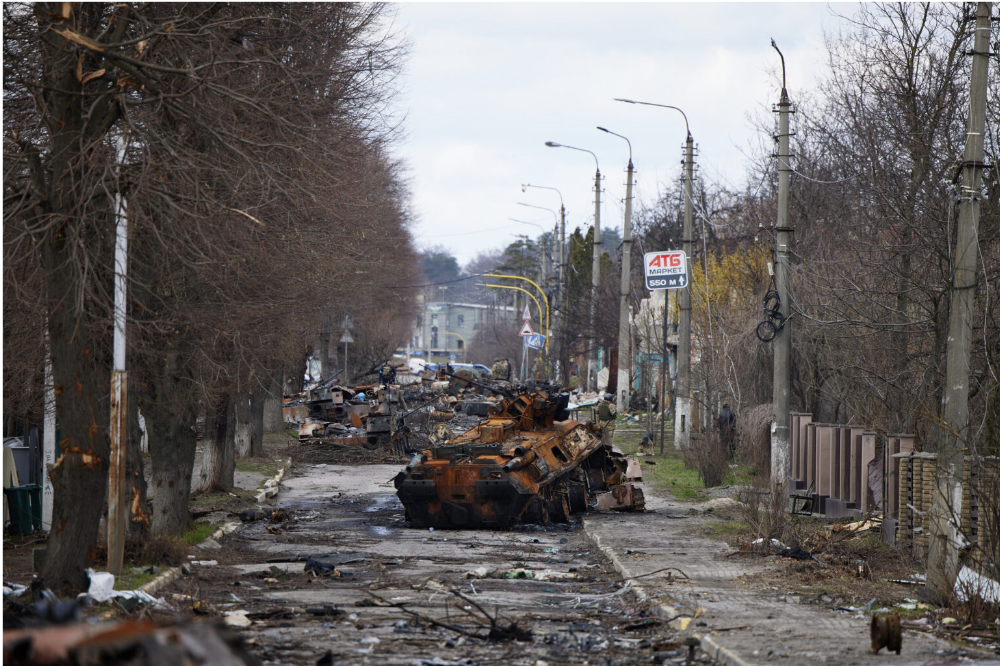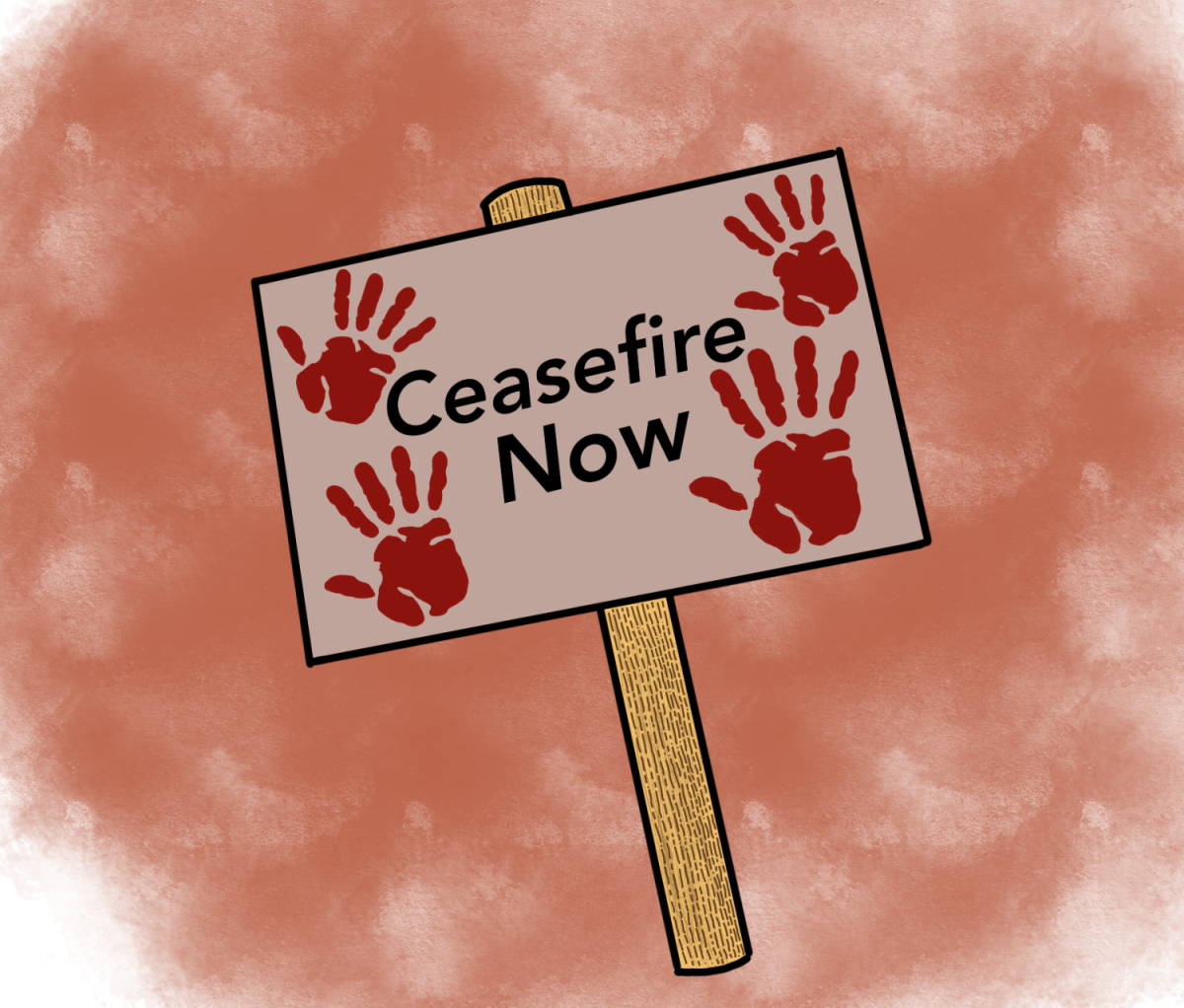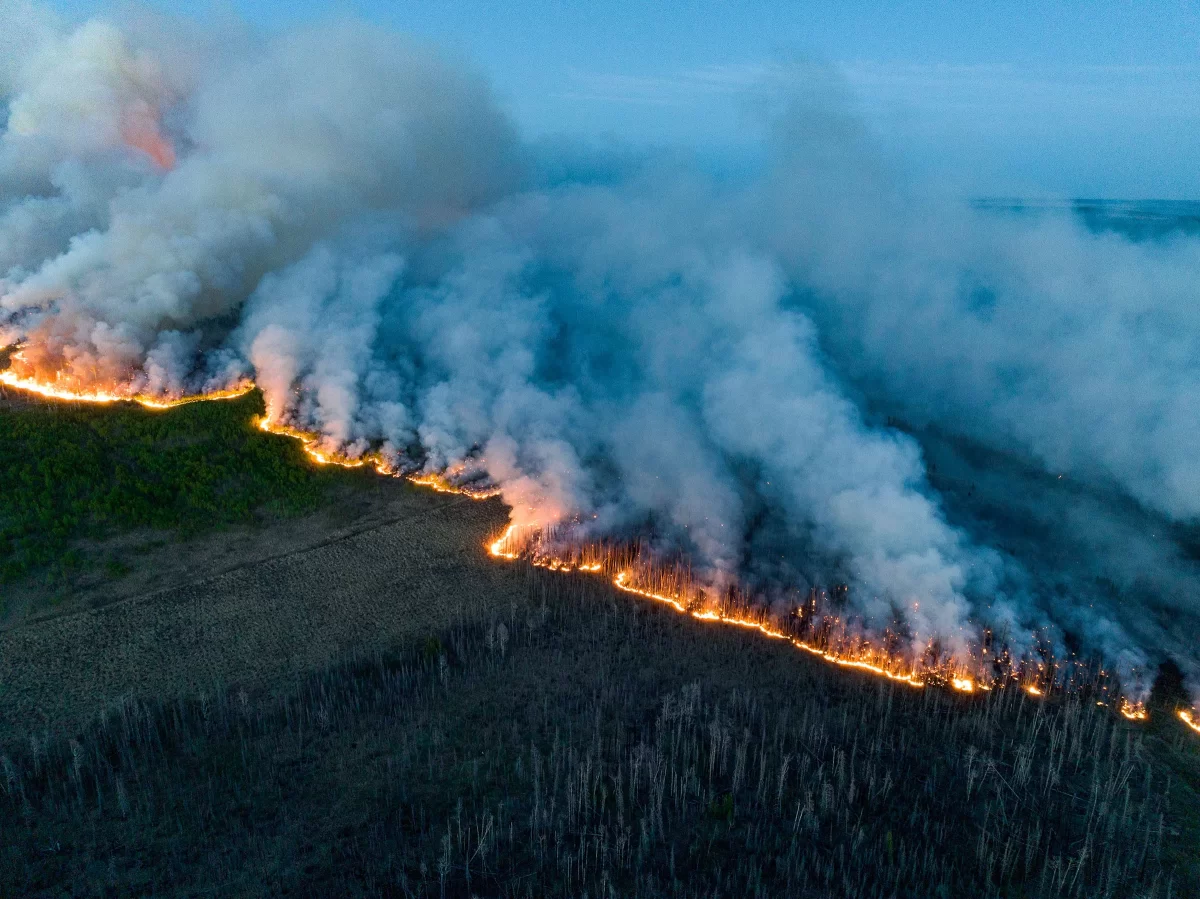Throughout the summer months, Canada has faced one of its biggest environmental disasters ever recorded.
Beginning in May, tens of thousands of Canadian residents evacuated their homes due to a record-breaking forest fire covering a total of 33.3 million acres, almost doubling the previous record of 18.8 million acres from 1989. All thirteen provinces were affected, with smog reaching as far as New York and some southern states.
Real time air quality data from June indicated that PM2.5 exposure became a major determinant of respiratory illnesses. PM2.5 are particles 30 times smaller than the width of your hair that can enter your lungs or even blood. About 30,000 people were ordered to evacuate due to the raging fire. The fire is also responsible for the deaths of at least four firemen who were killed in the line of duty, reported Reuters.
Though forest fires play an important role in many ecosystems such as recycling nutrients back into the soil or maintaining biodiversity, human activity like transportation and electricity usage contributing to global warming has caused wildfires like these to rage more intensely than ever. 15 percent of the forest fires were caused by human activity, such as smoking or campfires, while the other 85 percent were caused naturally by lightning.
Unfortunately, Canada may be unable to completely stop the fire from spreading. Canada currently does not have enough firefighters to cover the extremely large area affected. The country’s abundant remote forests and untouched wilderness contributes heavily to the difficulty of putting out the fires. Canada is keeping its citizens informed of the situation and supporting provincial efforts to keep the fire form spreading.
Daniel Perrakis, a fire scientist of the Canadian Forest Service, spoke to NPR about the difficulty in controlling these fires. “There’s always been fires Canadian fire managers don’t fight,” he explained. “It’s expensive to do so, ecologically undesirable, and kind of just messing with nature.”
Canada’s wildfires typically burn from May to October, and experts say that the fires will start to slow down as the season transitions from summer to fall. About two thirds of all active fires are burning in British Columbia and Northwest Territories.
The 2023 wildfire season alone has cost Canada over a billion dollars, and health costs account for another billion dollars. This has made a significant impact on Canada’s economy, slowing down oil and gas operations, timber harvests, and tourism. As global warming continues, wildfires are expected to become even more intense, making precautionary measures, such as monitoring the weather and preparing to evacuate at any moment, one of the essential ways for Canada to combat the fires in the future.





























